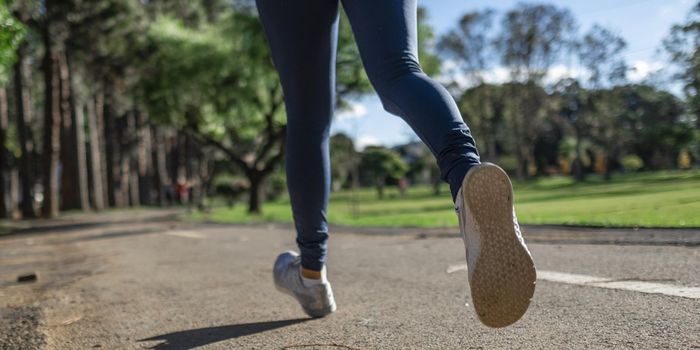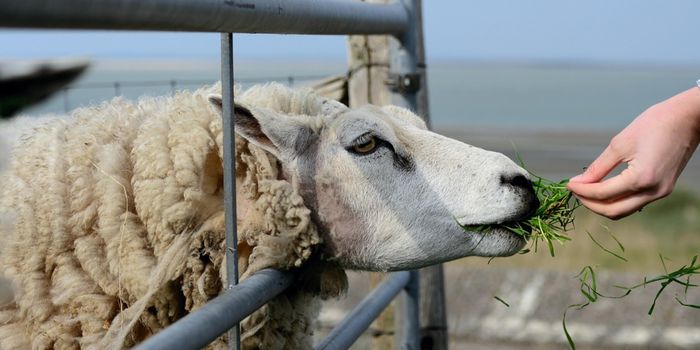Fungal Pathogens Can Grow on Microplastics
Microplastics are being found throughout our world; they're in the oceans, in soil, and in our bodies, among other places. Now scientists have found that fungal species can colonize microplastics. New research that's been published in Scientific Reports has suggested that pathogenic fungi are making a home on microplastics, and this may help explain why the incidence of fungal infections is rising. This study, which might be the first to assess fungi on soil microplastics, was done using soil samples collected in western Kenya.
Microplastics might seem like an inhospitable place to make a home, but the researchers determined that fungi can adhere to it, and these organisms easily withstand the pressures of their environment, including solar radiation and heat.
The study authors observed the formation of biofilms at various stages on microplastics they isolated from the soil. "In doing so, we were able to demonstrate that fungi not only grow, but also reproduce in the so-called plastisphere. The data we obtained from microscopic examinations and DNA analyses supports the assumption that fungi systematically colonize microplastics in the soil,"said lead study author Gerasimos Gkoutselis M.S., a graduate candidate at the University of Bayreuth's Department of Mycology.
The researchers found pathogenic fungi on microplastics at higher levels compared to the soil, including species that affect humans: black fungi and cryptococcal yeast fungi. A genetic technique called metabarcoding was also used to identify the various species within the sample. The scientists found that the levels of fungi on soil microplastics are higher than microplastic particles from rivers and lakes.
Professor Dr. Gerhard Rambold, the head of the Department of Mycology at the University of Bayreuth noted that Kenya is a pioneer in preventing plastic waste, and that the nation has been trying to eliminate single-use plastic with effective measures since 2017. The country also does not import plastic waste from other countries.
"This means that measures have been taken at an early stage to counteract the problem of plastic waste in the environment. The fact that we discovered numerous potentially pathogenic fungal colonies in the soil samples from Kenya is a clear indication of the urgency of the problem in tropical regions in general, where the rate of fungal infections is already high. Worldwide, fungal infections are on the rise. Our study shows: Measures to prevent plastic waste from entering the environment and to further develop waste management are urgently needed globally," said Rambold.
Sources: Phys.org via University of Bayreuth, Scientific Reports









